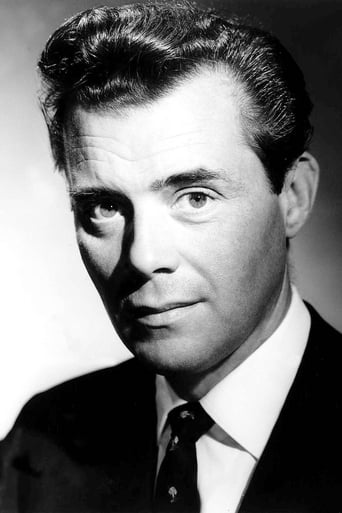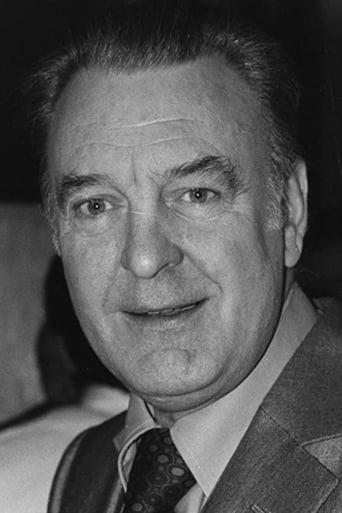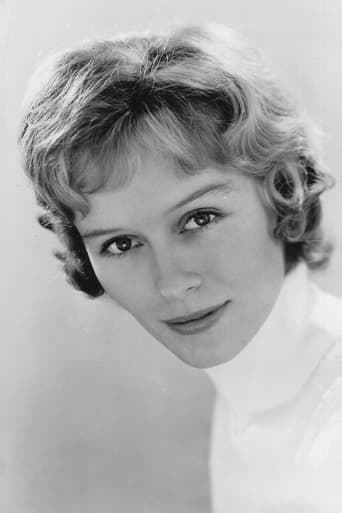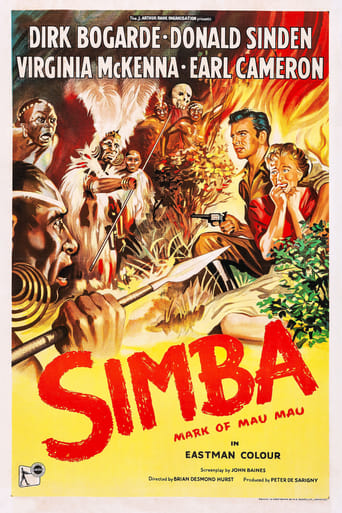
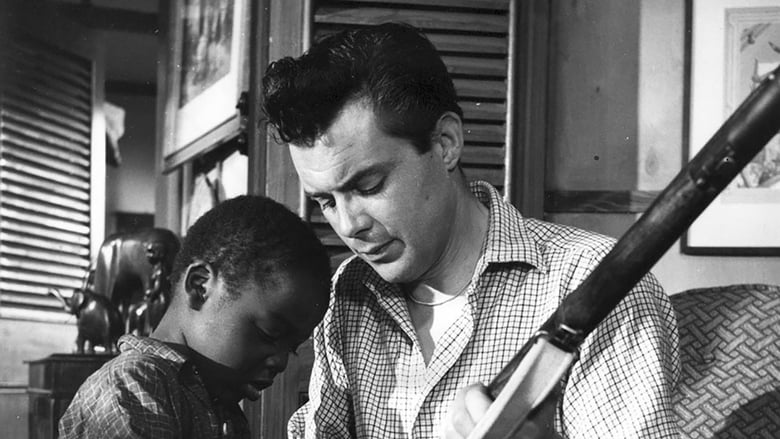
Simba (1955)
A European family in East Africa finds itself caught up in an uprising by local black Africans against their white colonial masters. Based on the Mau-Mau rebellion in Kenya in the early 1950s.
Watch Trailer
Cast


Reviews
It pinpoints all the problems of colonialism, how it has to turn the natives against the intruding masters, while they have their defense as well - they do bring help and order to the country with education and cultivation, and if the natives react with violence they earn being called stupid.The most fascinating scenes are always with the natives, though, especially every scene with doctor Karanja (Earl Cameron) who is the backbone of humanity in the film, placed in a very sensitive position as working with the whites to help his own but disowned by his own father. The dramatic finale caps the solemn drama, and as in all real stories, that's where the real story begins, the last shot being of the one innocent person and foremost victim of the whole conflict.The initial scene sets the theme and the tension, which lasts throughout and is never really resolved, the conflict going on still today, as white farmers of South Africa and Zimbabwe are being murdered still today. Both Dirk Bogarde and Donald Sinden make rather poor figures of stolidity, and you never really see them come to some deeper senses. Virginia McKenna as always brightens up the arduous drama with her beauty and crowns the film with a sustained romance - at least that will continue after the film. I can't raise any objections against this film, which honestly gives such a full picture of the Mau-Mau situation as was possible and calls for important attention to the great social problems of Africa, which mainly consist of inherent and almost incurable superstition.
This film was set in Kenya during the middle of the decade-long Mau Mau uprising--a radical movement bent on self-rule through occasionally violent actions. Interestingly, the actual number of Europeans killed by the Mau Maus was very tiny and the number of suspected Mau Maus killed by the British colonial government very, very large--though the intensity of the anti-Mau Mau actions were minimized in "Simba". From this film's standpoint, it appears that the lion's share of the killings were by Mau Maus and its sympathies appear to be more with the white settlers.The story begins with Dirk Bogarde coming to Kenya to see his brother. Sadly, the man was killed just before Bogarde's arrival. Viewers' attitudes about the killing quickly change from outrage or sadness to understanding why it occurred, as you hear the imperialists referring to the natives in such paternalistic and pejorative terms. I loved how during a dinner party, the white Africans sat there talking about how stupid and child-like the blacks were--as several black servants stood there among the guests listening!! Heck, had I been one of these black men, I would have probably lopped off a few heads....or at least tinkled in their drinks! So, even though some accuse the film of minimizing the evil of colonialism, this was still a very gripping and poignant scene, as the white settlers were so oblivious and cruel. I commend this film in showing this, as although it tends to favor the colonials, it is not without criticism for them as well. I can't believe these scenes were not intended to provide some balance....some.As for Bogarde, in some ways he's likable. However, he's also angry and filled with hate for the Mau Mau--which is natural considering the film begins with the murder of his brother and other friends are killed throughout the film. But, since it's often an action film, you also don't get a great chance to see what a fine actor Bogarde was. However, despite this, it's a good and often exciting film--even with its faults.By the way, there was a bit of a mistake in the film. A man was drenched in blood and had dragged himself along the ground--yet there was no blood trail at all in this scene. Not a huge mistake...but a mistake.Most Americans know nothing about the Mau Mau uprising nor a lot about colonialism in Africa. So, from this standpoint it's nice to see a film that actually addresses it--even if it is biased (and most any film would have been). As more of an outsider, I certainly could NOT condone colonialism and the paternalistic notion that the Africans were so 'childish' that they needed enlightened white men to 'care for them'! Sadly, though, as a history teacher I know that in many cases the self-rule that followed colonialism was as bad--if not worse (amazing atrocities in Sudan, Rwanda and Uganda quickly come to mind)! I am not defending colonialism--just making a comment about the sometimes horrific governments that have taken its place.
This movie may be accused of racism.Perhaps so.But you could also blame "stagecoach" and a lot of westerns before "broken arrow" as well :the Indians were the villains,just as the natives are here.Let's be serious!It was half a century ago and at the time the writers had not the hindsight we have today.The precedent user saw the movie through the eyes of the 2004 audience obviously the politically correct one.Judging by the rating,there are users who disagree and I'm one of them.First of all,"Simba" is not poorly executed,it has a good screenplay,fine actors (Bogarde and Virginia McKenna),beautiful landscapes...That the Africans should be shown as primitive,cruel and mindless does not prevent some of them from becoming educated and wise:"I studied for six years ,the black doctor says,to save lives ,not to destroy them".Two years later in "something of value" ,Richard Brooks showed a native afraid of thunder!"Simba" is the British forerunner of Richard Brook's work.In "Simba" anyway ,the White are not necessarily the heroes.See how Bogarde refuses to shake hands with the doctor.And the last picture of the movie is a black child's face ,a curious choice for a would be racist flick.
Set in Kenya in the 1950's, this film attempts to portray the conflict between black and white in an even-handed way. But it can't help making the whites the victims and the blacks the villains. One token good black man (a doctor) is hardly sufficient to make up for the superstitious and blood-thirsty mobs that ransack the country killing viciously and without mercy. This film is even more reprehensible given the dreadful events now occurring in Zimbabwe where white farmers are being murdered by black squatters. I'm sure a black African audience would find this film further motivation to hate the arrogant whites. How can we sympathise with a man who insists that the blacks are "children mentally" and with our hero and heroine who insist on calling their native workers "boy"? I've no doubt that the film-makers were sincere in trying to promote a message of peace - but this peace is portrayed as achievable only on the white man's terms.To make things worse the film is poorly made, with clumsy editing from stand-ins for the stars wandering around African locations to close-ups of the real stars with badly rear-projected locations. This constant shuffling becomes so silly that it destroys any chance the film had at credibility. By 1955 we really expect the cast to be on location. This is one dinosaur of a film that should be laid to rest. I'm sure the great Dirk Bogarde was bitterly ashamed of it in later life.


